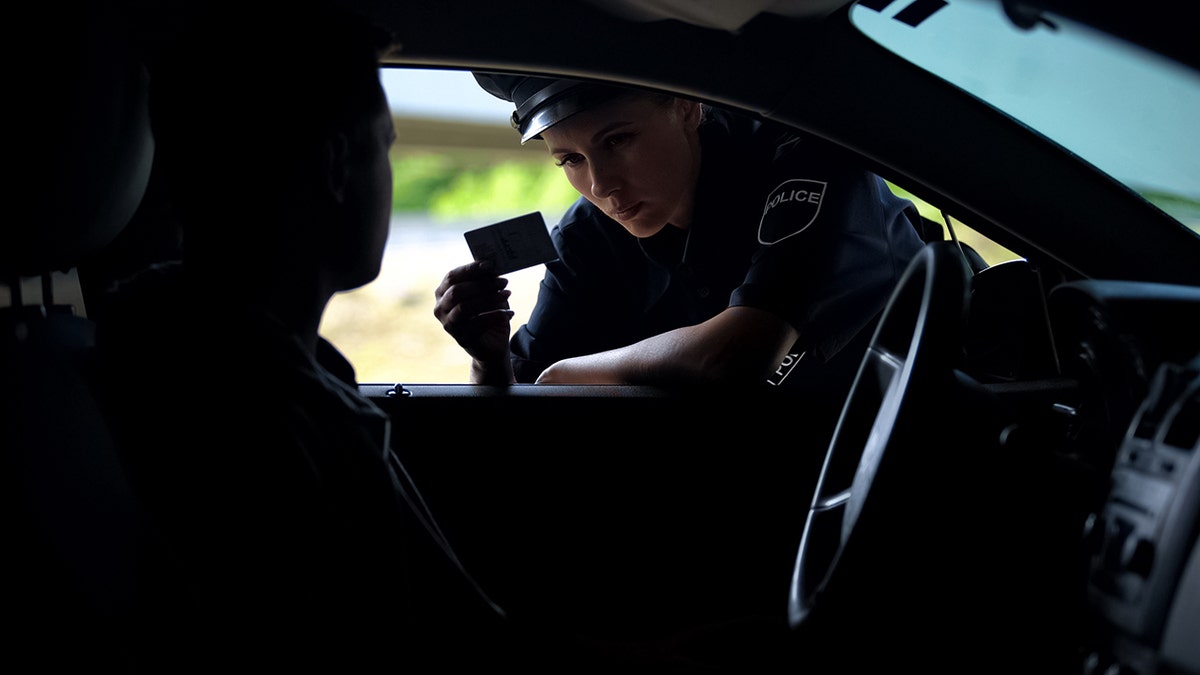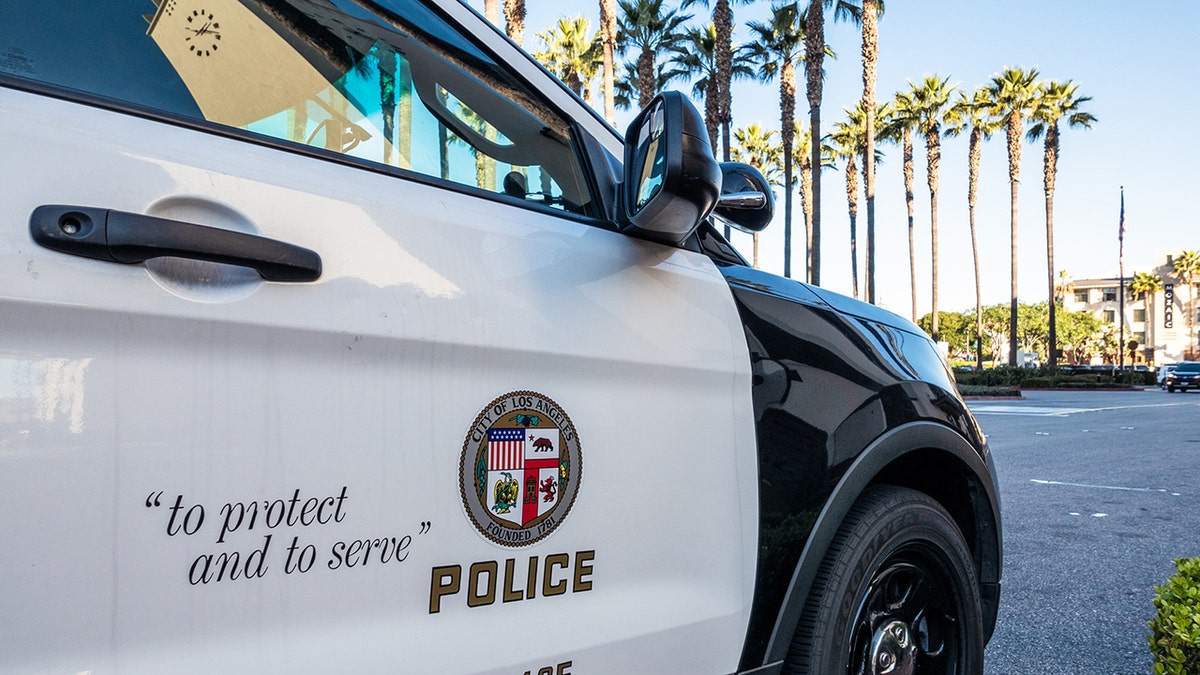California chef unable to open more restaurants due to crime
Celebrity Chef Andrew Gruel on how crime in California is affecting business owners
A new California law going into effect in January 2024 will change the way police officers interact with millions of drivers and pedestrians.
California police officers seeking to stop a driver or pedestrian must now initiate any interaction by specifying the purpose of the stop before asking inquiring questions. They will no longer be able to initially ask the driver, "Do you know why I pulled you over?"
California lawmakers passed AB 2773, which Gov. Gavin Newsom signed into law in the fall of 2022, to reduce "pretextual stops" or where an officer stops a suspicious vehicle for a minor offense to look for a more egregious crime, KTXL reported.
The new law goes into effect on Jan. 1 and impacts agents of the Department of the California Highway Patrol, county sheriffs and city police officers.
CALIFORNIA SECRETARY OF STATE LEAVES TRUMP ON THE BALLOT AFTER CALLS TO REMOVE HIM

The new California law goes into effect on Jan. 1, 2024. (iStock)
As a bill, AB 2773 cleared the Assembly floor with a vote of 49 to 24, with seven members not voting. In the Senate, it passed 28 to 10, with two members not voting. Both chambers have sizable Democratic majorities.
According to Assembly member Chris Holden, who authored the law, it was created to "promote equity and accountability in communities" and to help prevent the often tense interactions between police and civilians from potentially escalating.

The new law impacts agents of the Department of the California Highway Patrol, county sheriffs and city police officers. (iStock)
Law enforcement can skip clearly stating the purpose of the stop should the officer need "to protect life or property from imminent threat."
CLICK HERE TO GET THE FOX NEWS APP
A second component of the law requires law enforcement agencies to include the reason(s) for all stops on accompanying arrest reports.

